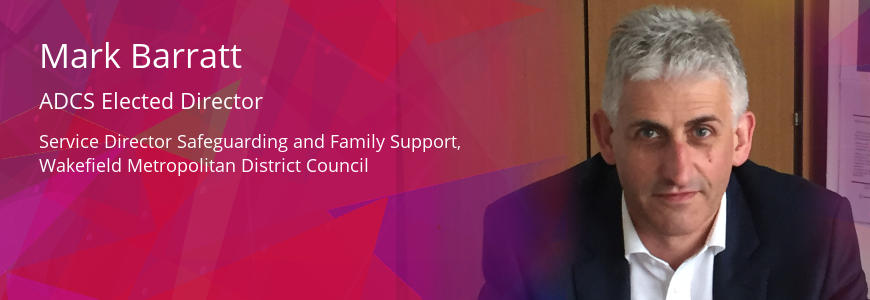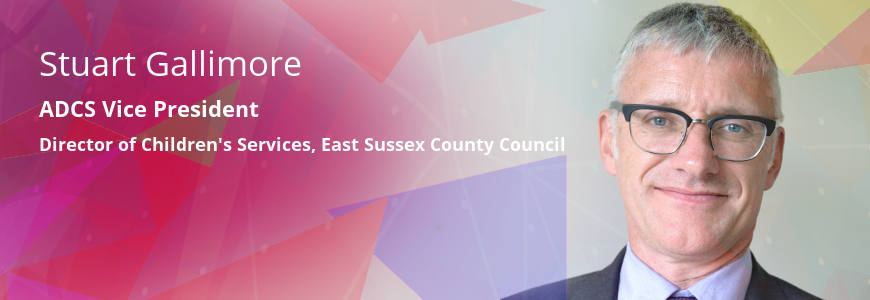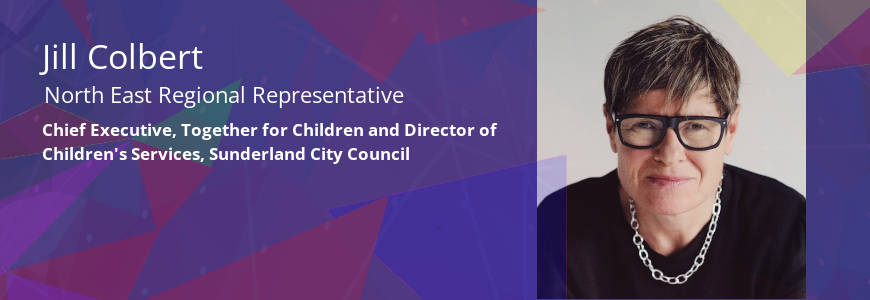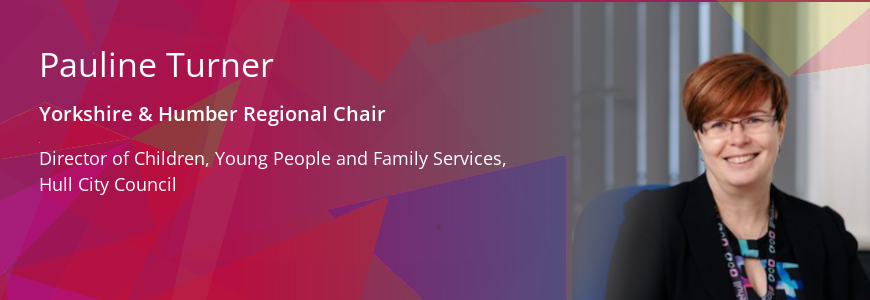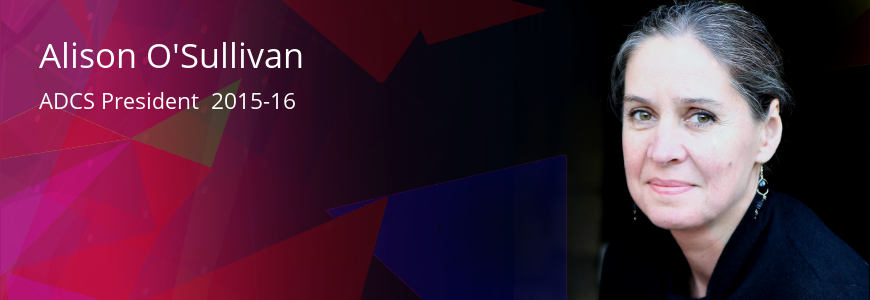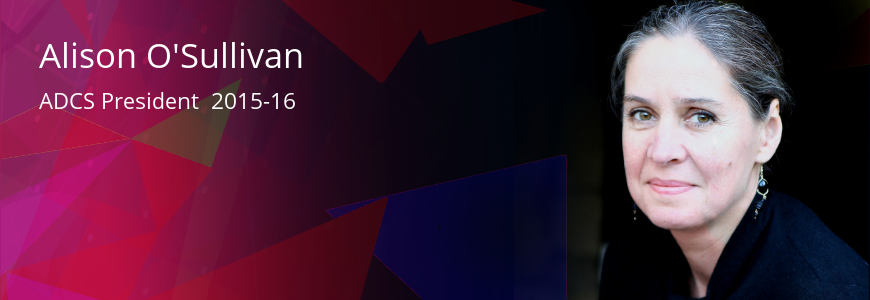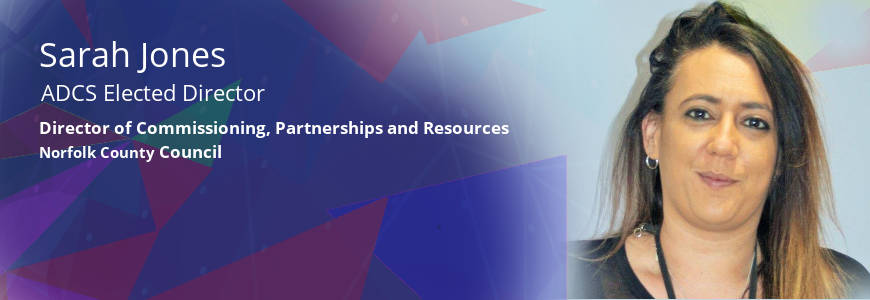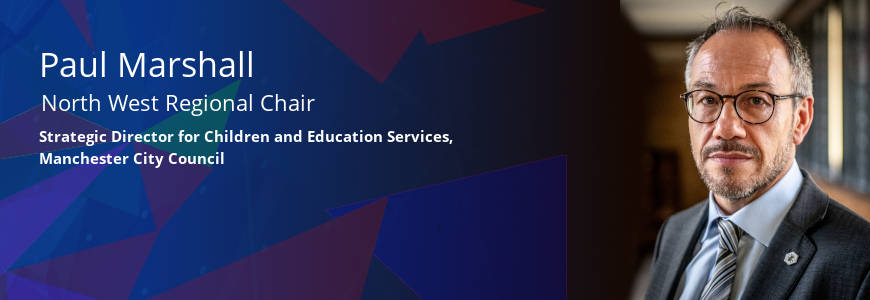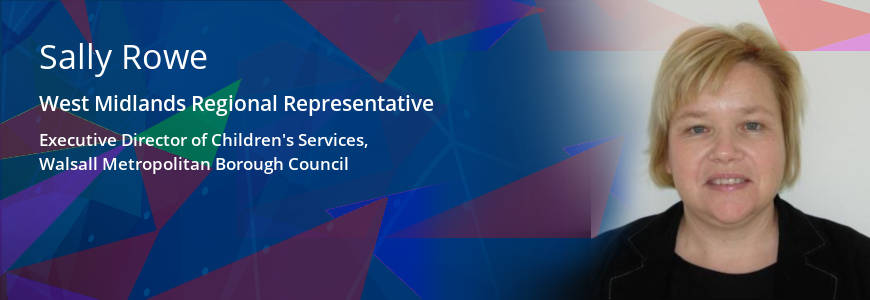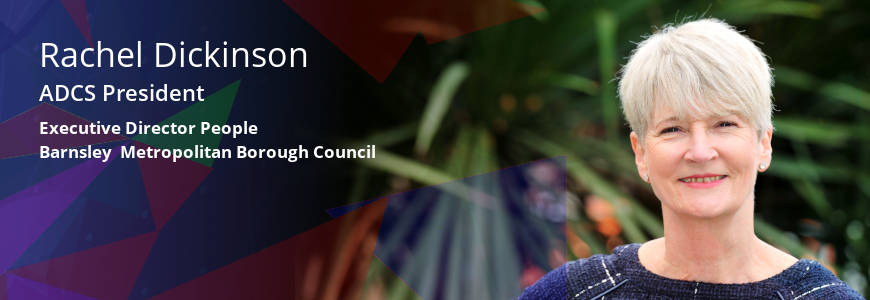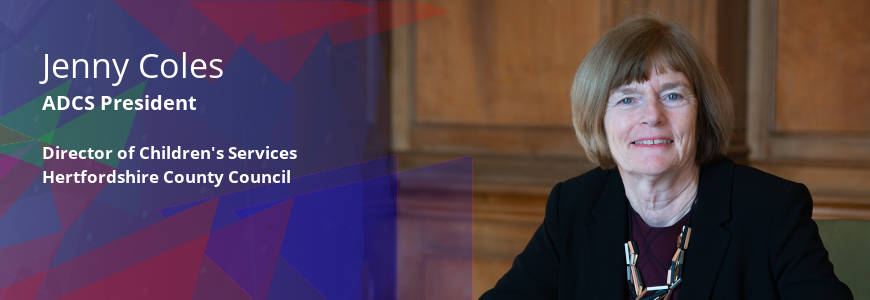A digital bonanza?
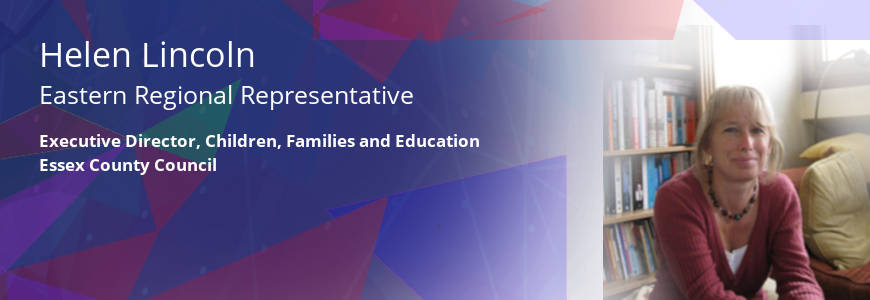
I would like to begin this blog by paying tribute to Dave Hill who was my predecessor as Director of Children’s Services in Essex, and a tough act to follow! Last week I attended his funeral and was reminded how Dave was a larger than life character who made an impact on everyone he met.
In these Covid times, his funeral, by contrast to his personality, was a small affair; but it was also very intimate and led me to focus on his achievements as a friend and a colleague. His enthusiasm for our profession made him a great President of ADCS, an advocate and a leader.
He will be greatly missed by us all.
Working with families to effect change in Covid-19: a digital bonanza?
The recent change to guidance for shielded workers, allowing them to return to work in ‘Covid-secure businesses’ from 1st August, made me start to reflect on how we have tried to effect change in families during the pandemic.
My first reflection was that there has been a digital bonanza!
Whether you used MS Teams, Zoom, WhatsApp or any other digital platform, so much work has been done remotely since lockdown began. Sometimes this had real benefits, for example, some children in care, who had never attended their review meeting, did and told us they preferred it; and we all know how infrequently consultant paediatricians attend child protection conferences, but they have via Teams. So, distance is important, distance that the remote review creates has encouraged participation. Even the lack distance that professionals have needed to travel for an online meeting has had a similar outcome. Indeed, those who were shielded or self-isolating, but remained physically well, continued to work entirely from home.
So, some of these changes can easily be offered as alternative routes to participation in a post-Covid world.
My second reflection was how important face-to-face visits are to social work practice
Initially, we visited only those children at the highest risk of harm, or whose placements were about to break down. As time went on, the risk of not seeing other children became greater, and while video conferencing mitigates that risk, it does not do so half as well as being physically present.
Observation skills are key to good social work, and that means the use of all of our senses. You can get a young person to give you a tour of the home using WhatsApp, but you cannot always see who is behind the camera, coaching the response. How can you tell if they are living in hygienic conditions without using the sense of smell?
So, the technology has been helpful, but cannot replace good old-fashioned home visiting.
My third reflection was about the time it is taking to get work done: is there really a digital bonanza?
Quite early on, I was hearing that child protection conferences, held online, were taking twice as long as they usually do. We all know how tiring video conferences are now, but there is something peculiar about an online meeting that just isn’t as efficient (even if it comes to the same conclusion). Yet more concerning is the fact that progress in case work is slower: cases are open for longer, and, at least in Essex, we have had fewer exits from care during this period. While Covid has added a layer of complexity with the emergence of issues such as the impact of lockdown on domestic violence, adolescent and parental mental health, there is also something about how we have approached working with and managing risk.
I have always been an outspoken and passionate advocate of relationship-based practice, so when in all other respects a conversation with children or their parents is the same, what is it about the video conference that makes us less brave about stepping down or closing cases?
Related Blog Articles
Whilst local authorities look to meet the twin challenges of reducing resources...
In Workforce
Like most directors of children’s services (DCSs) I think I am pretty good at...
In General
“Stay at Home. Protect the NHS. Save Lives.” It couldn’t be simpler, could...
In General
At some point over the past 20 months most of us will have attended a virtual...
In General
Like me, many of you might be relieved that a serving MP wasn’t the winner of...
In Leadership
The varying number of national and regional initiatives, pathfinders and pilots...
In Care
Colleagues, Monday 18 December marks International Migrants Day and as Chair of...
In Care
I visited North Yorkshire this week with a small number of colleagues, to find...
In Care
This is my last ADCS blog as I'm retiring today! So I feel I'm allowed to...
In General
It’s been three years since I wrote my first blog for ADCS, based on Wonder...
In Care
As I write this blog, I do so acutely aware the government’s eagerly...
In Care
Dealing with distress, expressing hope, showing solidarity and valuing the power...
In Workforce
Last week it was World Social Work Day and I was privileged to open an event...
In Workforce
Yesterday marked the beginning of this year’s National Care Leavers Week which...
In Care
This week marks my first as ADCS President. It promises to be an interesting and...

